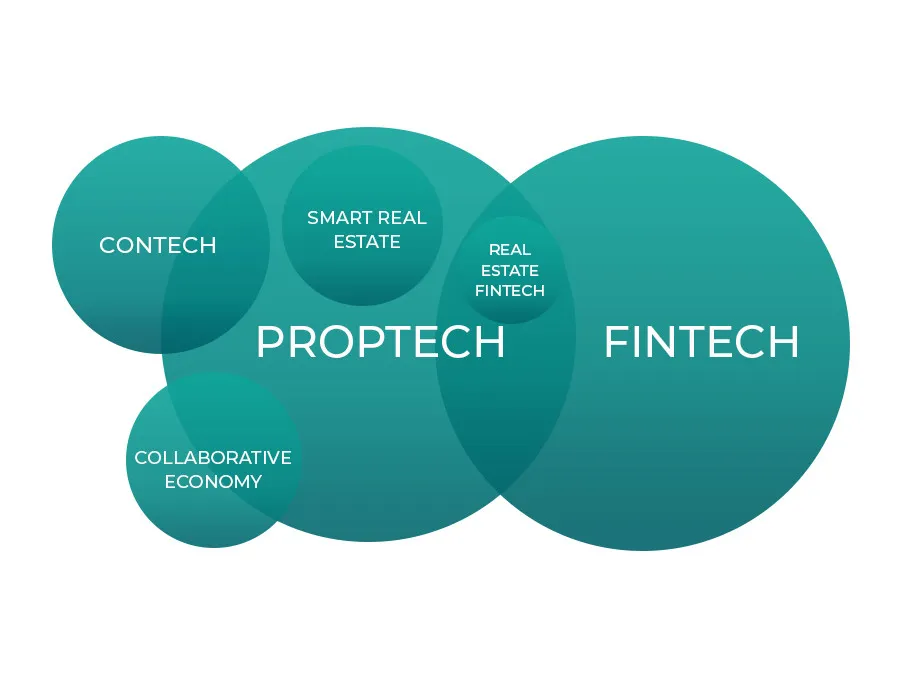The PropTech space is flooded with ambition. Founders pitch bold visions, back their ideas with slick prototypes, and raise rounds promising to “disrupt” real estate. Some succeed. Most stall.
Not because their ideas are bad. Or their tech is weak. But because they build for the wrong person.
The biggest mistake in PropTech isn’t poor execution. It’s building a product that fits a pitch deck better than it fits the people who are supposed to use it. And in the rush to ship something impressive, founders often forget to solve something useful.
This article isn’t about the features you should add. It’s about the assumptions you should subtract.
Building for Investors, Not Users
In early-stage PropTech, the audience isn’t always the buyer—it’s the backer. That’s where the first misstep begins.
Founders often shape their products around what sounds exciting in a pitch: predictive pricing, AI-powered valuations, blockchain-based title tracking. Impressive to say out loud. Less impressive when a real estate agent just wants to upload photos without crashing the app.
The focus shifts from solving clear problems to building features that win applause. The product becomes a statement, not a tool.
There’s nothing wrong with ambition. But the user—the landlord, the agent, the buyer—isn’t evaluating your Series A potential. They’re just wondering why the “Schedule a Visit” button doesn’t work when they need it most.
Confusing Tools with Outcomes
Tech founders love features. The more complex, the better. But users don’t want tools. They want outcomes.
A property investor doesn’t care if your app syncs with five APIs. They want to know if they’ll miss out on the next off-market deal. A leasing manager isn’t impressed by your interactive dashboard—they just need to fill vacancies faster.
This is where many PropTech apps lose the plot. Founders fall in love with what the technology can do, not what the end user is trying to achieve. The result? Overbuilt platforms that look powerful but feel clumsy.
The difference between a busy interface and a useful product isn’t functionality. It’s focus.
Copying, Not Solving
Too many PropTech startups begin with this sentence: “We’re building something like Zillow, but…”
It’s an easy trap. You look at what the giants have built—saved searches, map views, mortgage tools—and assume that copying those features will lead to similar success. But great products don’t start with replication. They start with friction.
Zillow didn’t win because of its features. It won because it simplified discovery at a time when listings were scattered and outdated. Founders today often chase what’s visible, not what’s valuable.
The best real estate apps aren’t just collections of functions. They’re focused answers to specific, persistent user problems. And most of them don’t start by asking, What can we build? They ask, What still sucks—and why hasn’t anyone fixed it?
Ignoring the Last Mile
Shipping an app isn’t the win. It’s the beginning of a harder phase most founders underestimate—the last mile.
That’s where good ideas fall apart. No onboarding flow. No feedback loop. No plan for getting agents to actually use the thing. The result? A functional product that never gains traction.
It’s not a tech issue. It’s an execution gap.
Founders often treat go-to-market as an afterthought, assuming users will “figure it out” because the product is solid. But adoption doesn’t happen by accident. It happens when rollout is intentional, when friction is addressed before launch day, and when field feedback reshapes what gets prioritized next.
This is where smart founders turn to real estate app development services that don’t just write code—but help carry the product across that final, critical stretch.
The Fix: Start With the Problem, Not the Pitch
The smartest PropTech products don’t begin with a feature list. They begin with a pain point so specific, it almost feels boring.
That’s the edge.
It might be the hassle of scheduling home tours across multiple agents.Solve one of those cleanly—and you’ll get more traction than any AI-powered marketplace built on buzzwords.
Founders often chase vision before traction. But real traction comes from relentless focus. On what breaks deals. On what wastes time. On what real users complain about, again and again.
The pitch will come. The PR will come. But first—fix something someone’s been silently tolerating for years.
The Market Doesn’t Care About Your Vision
It’s easy to romanticize the product. The vision. The roadmap.
But the market isn’t interested in how hard you’ve worked or how much you believe. It responds to one thing: friction removed.
The founders who win in PropTech aren’t always the most visionary. They’re the ones who get brutally specific. Who spend more time with agents than investors. Who listen more than they pitch. And who understand that great apps aren’t built to impress—they’re built to disappear into the workflow.
The biggest mistake in PropTech isn’t dreaming too small. It’s ignoring the small things that make people stay.

































